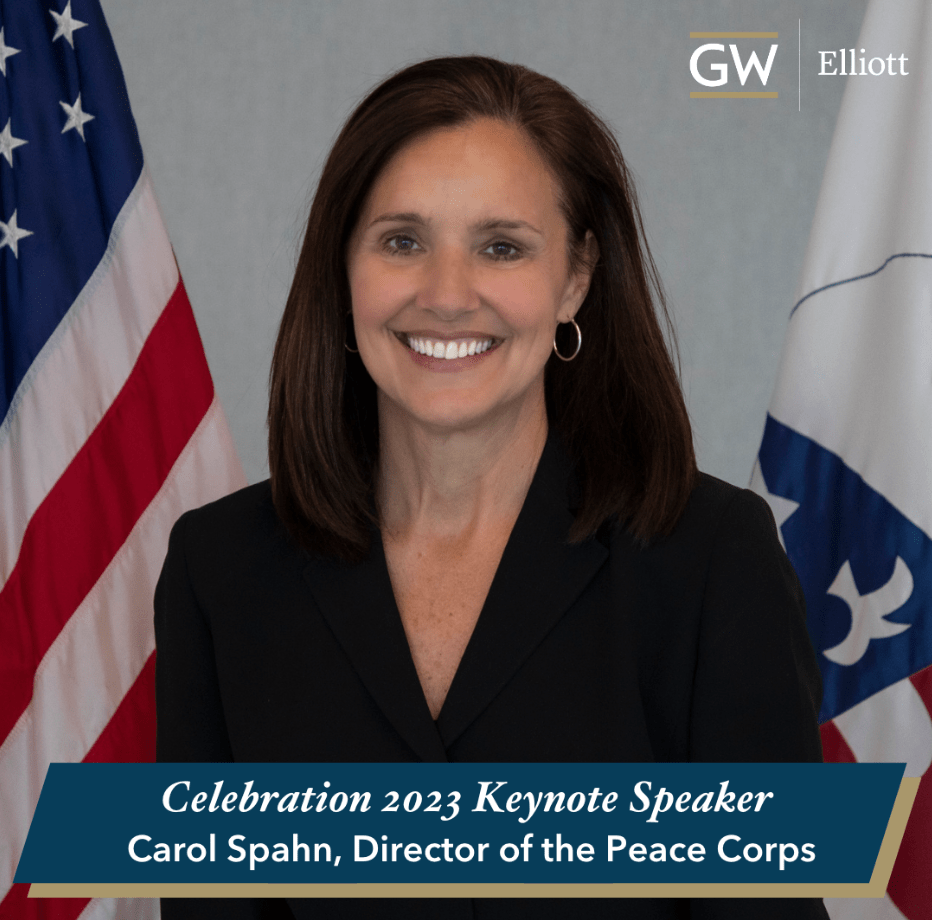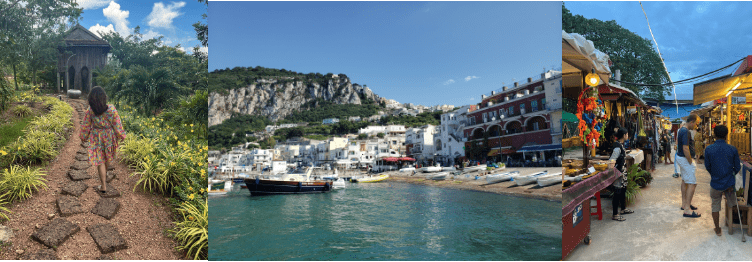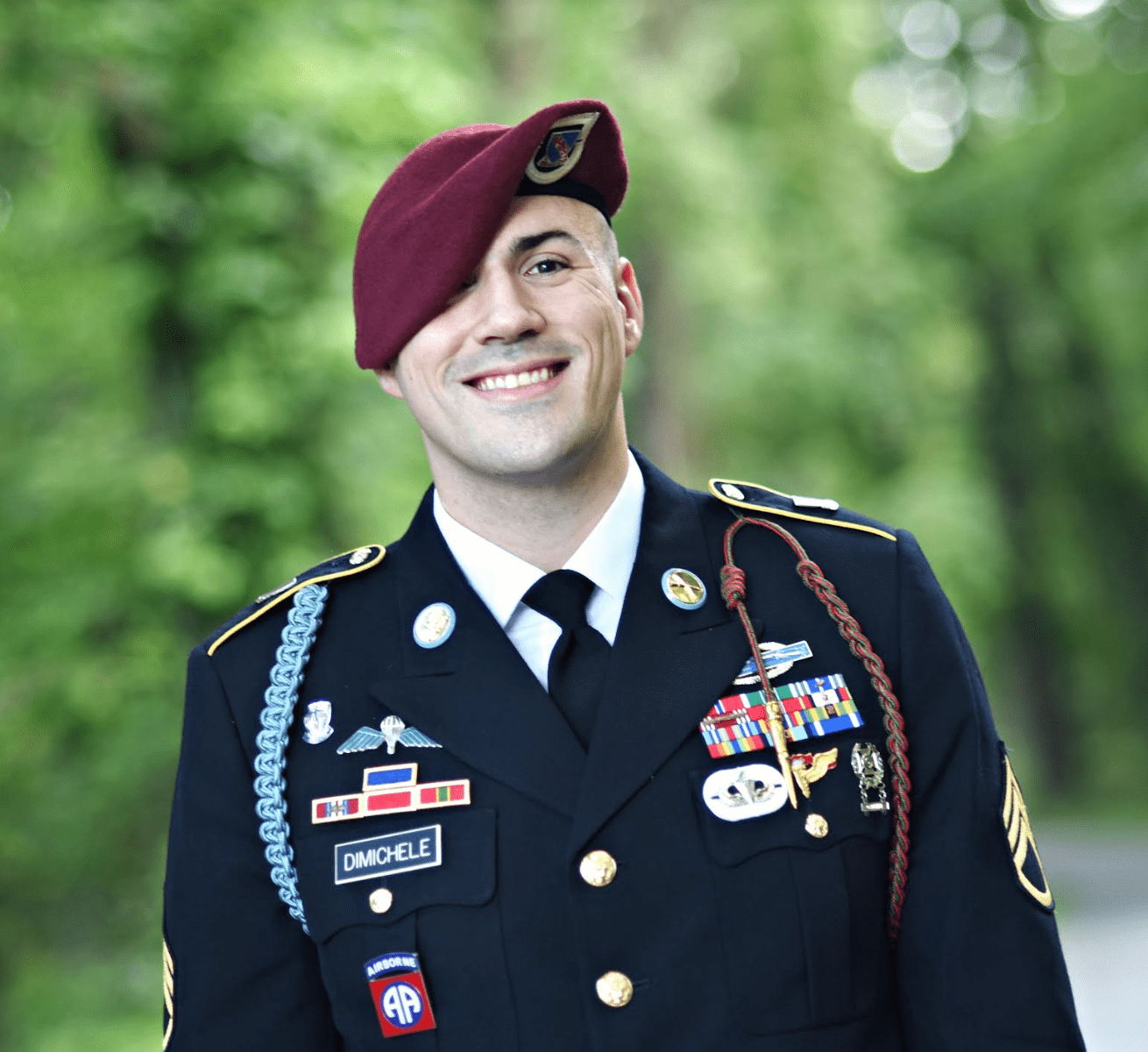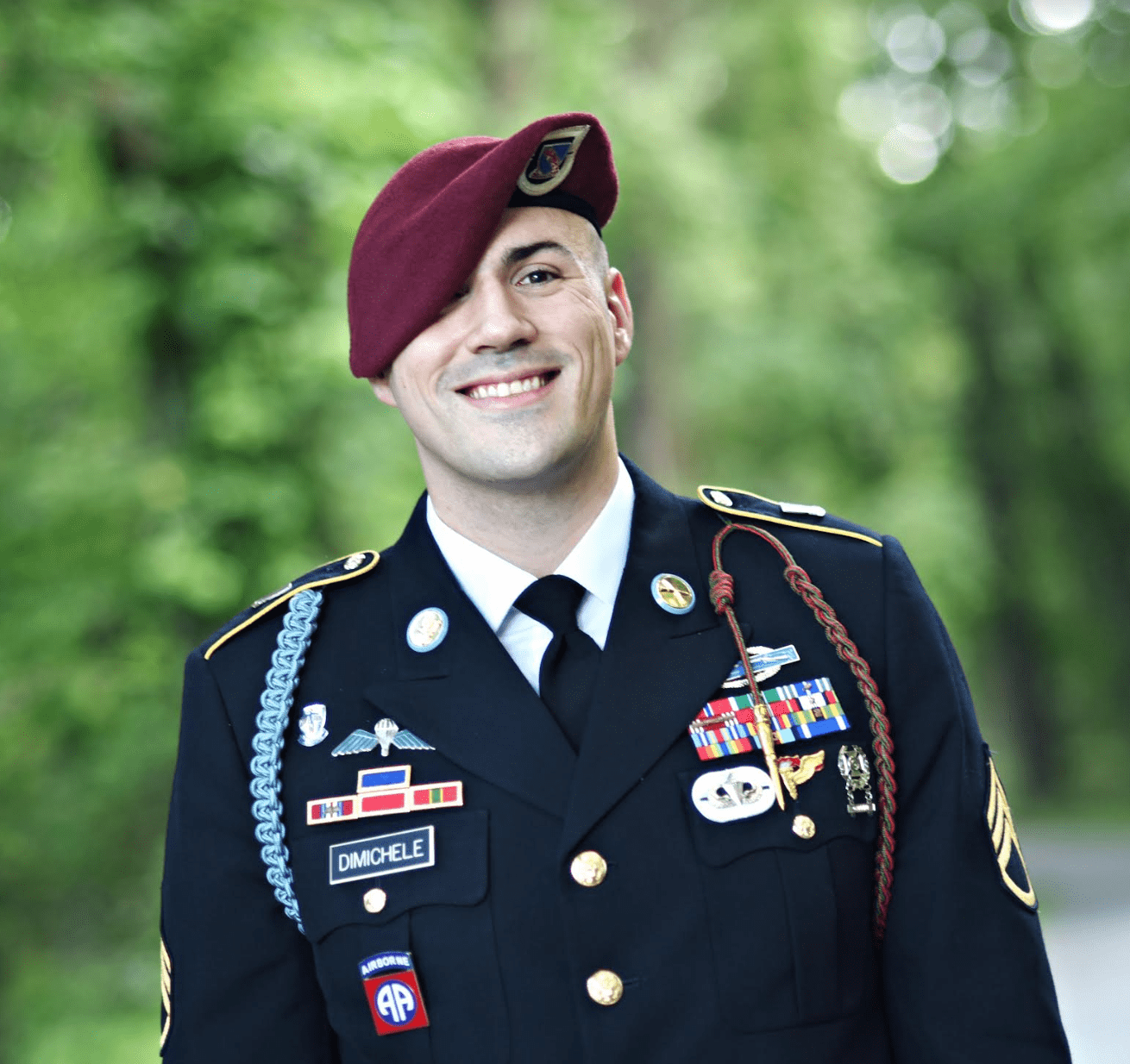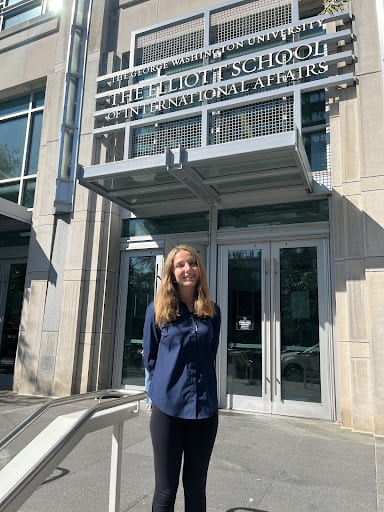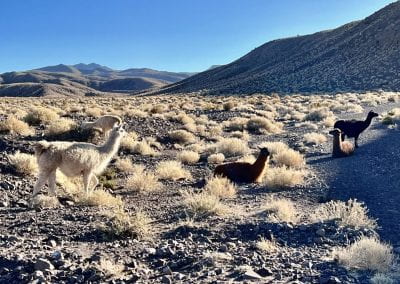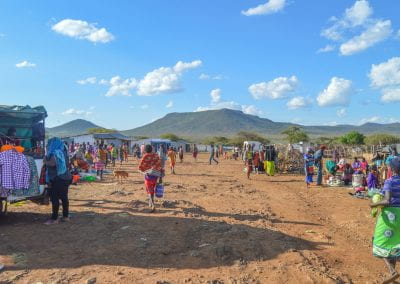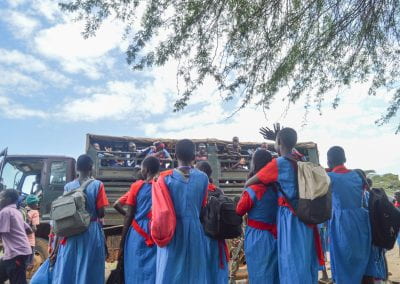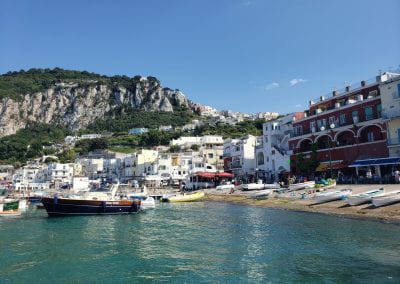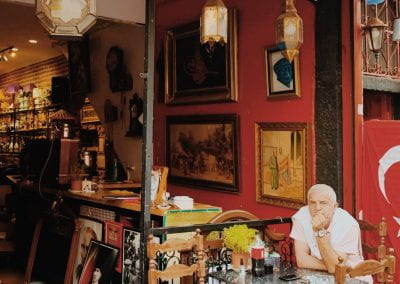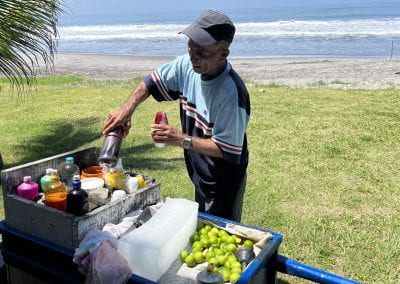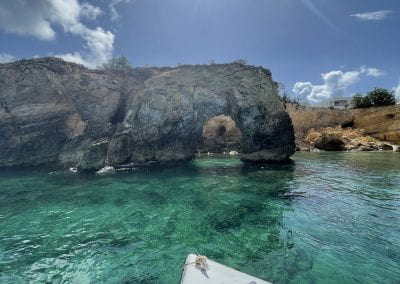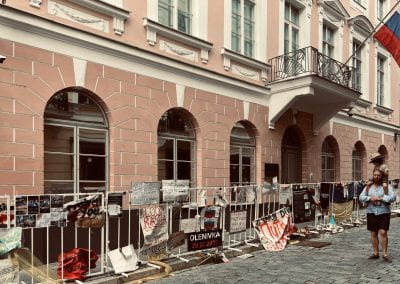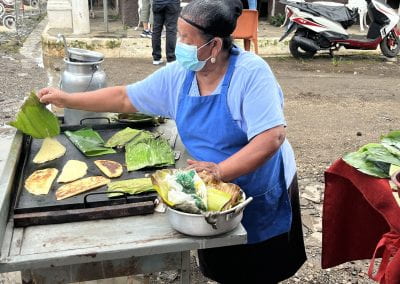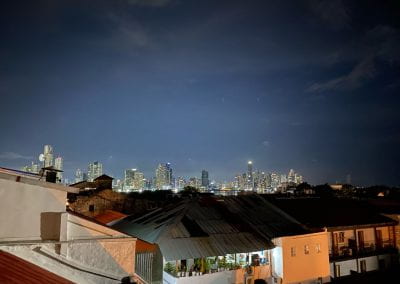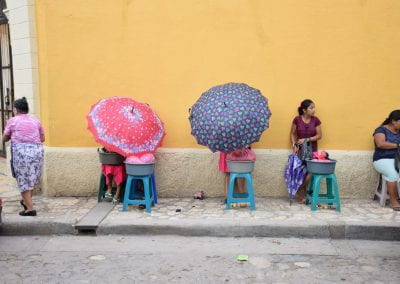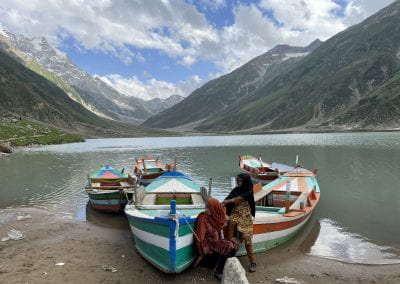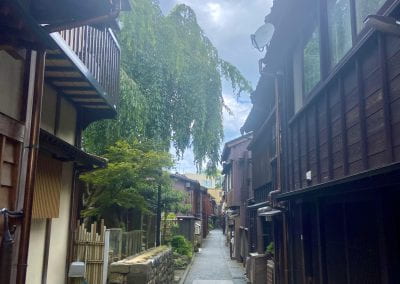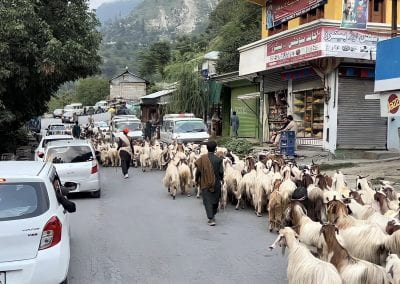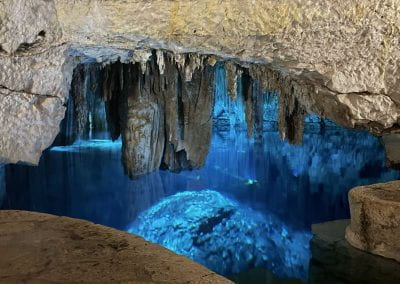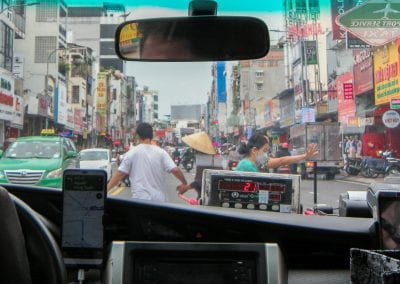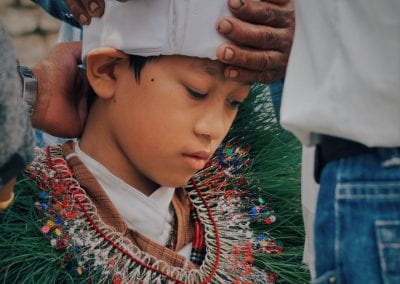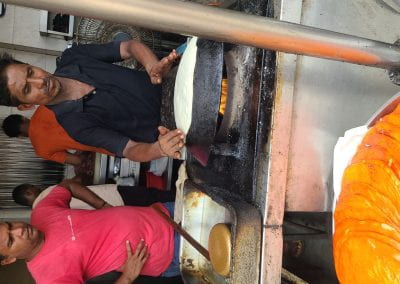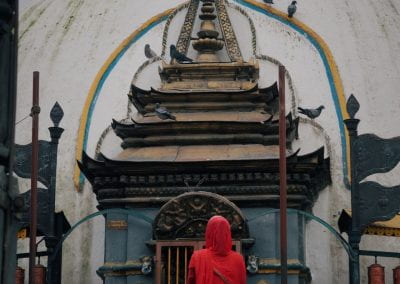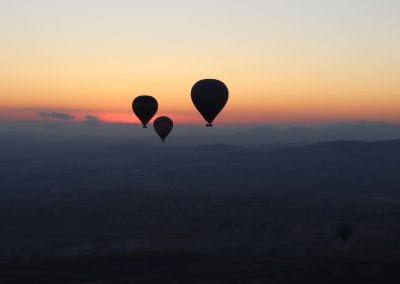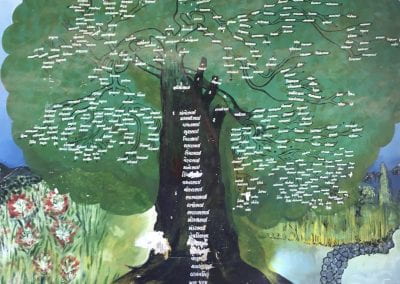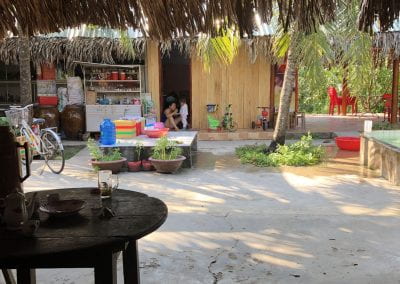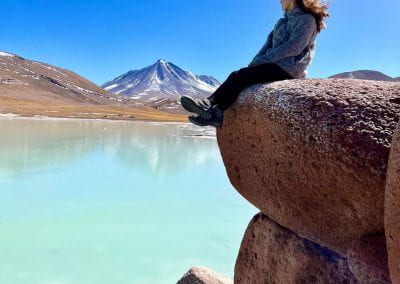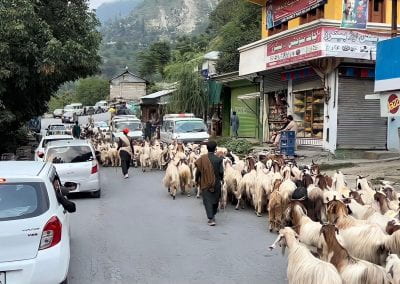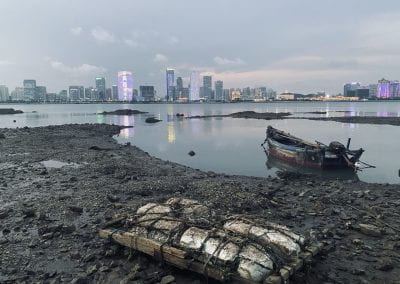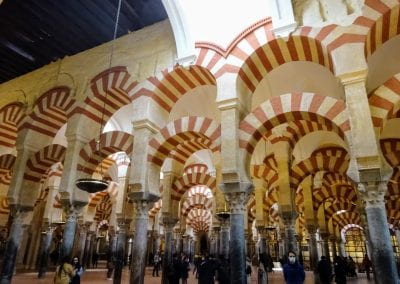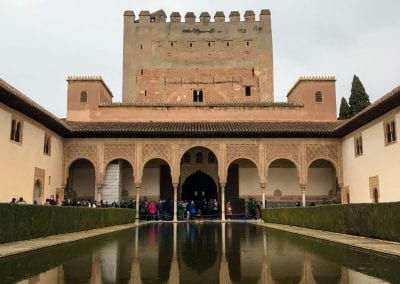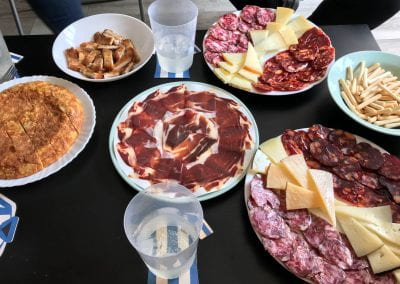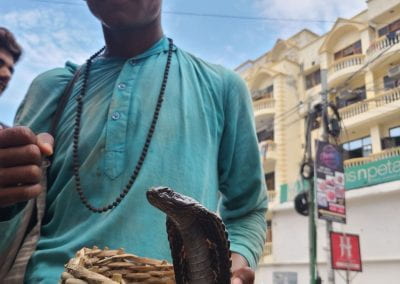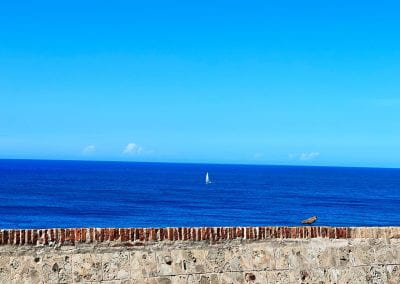Nick DiMichele, MIPP ’21, was recently selected as a John S. McCain Strategic Defense Fellow, a one-year civilian fellowship program designed to pave the way for a career track toward senior leadership in the U.S. Department of Defense. The program provides rotations in the Office of the Secretary of Defense in order to gain vital experience and leadership capabilities and includes one-on-one mentoring with senior DoD leaders. Elliott School graduates have a good track record with the fellowship – 4 of the 29 recipients from the previous cohort are Elliott alumni, including Michael Choi, Christopher Riehl, Ryan Salzman, and Emilyn Tuomala.
Read what Nick had to say about how the Elliott School prepared him for success.
ESIA: What will you be doing as a McCain Strategic Defense Fellow?
ND: I will work in the Pentagon for the Executive Services Directorate, specifically in the Classified Support Branch. My responsibilities in this role include handling, controlling, analyzing, and dispatching classified correspondence coming into and out of the department for the Secretary of Defense, Deputy Secretary of Defense, and Executive Secretary. This will be a tremendous rotational opportunity to see the department’s inner workings and how DoD conducts business. One of the greatest benefits of this fellowship is the ability to complete multiple rotational assignments to different components inside the department. For example, I plan on conducting a rotational assignment in the Strategy and Force Development office and the Europe and NATO office.
This fellowship extends beyond just conducting rotational assignments and learning how to do the job. McCain Fellows are offered $5,000 to use during the fellowship for professional development courses related to their duty position. Additionally, each McCain Fellow has the opportunity to receive a Senior Executive Service mentor to help guide and develop fellows. The foundation of this program is that the department wants to “build the bench” of next-generation national security leaders for DoD.
ESIA: What kind of job do you hope the fellowship will lead to in the future?
ND: My hope is that this fellowship will lead to a permanent position in DoD. With this fellowship, there is the opportunity to potentially convert into a full-time civilian employee inside the department, which is what I will be aiming for. However, I will be happy with any position supporting U.S. national security goals inside or outside the DoD.
ESIA: How did you find out about the fellowship?
ND: I heard about this fellowship from a friend. Once I researched the fellowship, I thought it was a phenomenal opportunity to break into the federal and national security sectors. This is just the third cohort for this fellowship, and I believe it is not as well known as others like the Presidential Management Fellowship. Publicizing and getting the word out about this opportunity is important because we need to build the bench of next-generation civil servants in the federal and national security apparatus.
ESIA: How did the Elliott School influence your professional choices and successes?
ND: I came off active duty in the Army in 2020 after a decade of service and knew I wanted to work in the foreign affairs and national security sector. When I came off active duty, I applied for the Elliott School because it is globally known as a premier school for international affairs. I quickly realized from speaking with the faculty at Elliott that there is significant overlap in international affairs and national security. One of the mottos of Elliott is to “educate the next generation of international leaders.” That motto is not just for show; Elliott lives it with the caliber of students admitted and the faculty teaching.
I will also say that Elliott faculty from the policy realm helped me understand how to produce literature for a policymaker. I had to create the traditional longer papers for my classes, but a lot of the time, the professors wanted a two to three-page write-up summarizing information. When you begin working in the policy ecosystem, you realize that two to three-page memorandums are what drive processes forward. The Elliott School reinforced the idea of being able to give the Bottom Line Up Front (BLUF) when producing memos, which helped me understand what policymakers need to make decisions.
ESIA: Are there particular classes and professors who stand out in your mind? Who helped you on your career path?
ND: As I’ve said before, the caliber of faculty at Elliott is truly unmatched, but there were a few professors that really influenced me. Dr. Erwan Lagadec taught the course Strategic Challenges Facing NATO, and he set up a one-on-one mentoring session for me with the prior Deputy Secretary General of NATO, Rose Gottemoeller, who advised me on a paper I was writing. (Editor’s note: Ms. Gottemoeller is also an Elliott alumna, MA ’81.)
Dr. Jonathan Schroden taught the course Military Power and Effectiveness, in which he challenged us to think beyond the traditional understanding of planes, tanks, weapons, and personnel for what constitutes a country’s military power.
Dr. Michael O’Hanlon taught the course Who Will Rule the 21st Century, where he challenged us to make an argument for who or what will rule in the future.
Dr. Matthew Levinger and Dr. Lauren Van Metre were advisors for my thesis and helped guide my recommendation into practical terms. Dr. Levinger and Dr. Van Metre also set up one-on-one mentor sessions with Luke Coffey, an expert on the Republic of Georgia, and Lt. Gen (Ret.) Ben Hodges, who was the prior commanding general of the United States Army Europe. These mentor sessions helped me produce a grounded thesis on the Republic of Georgia and its relationship with NATO.
These are only a few of the many professors who were influential and helped set me up for success. The networks and expertise that the faculty bring to bear at the Elliott School are unmatched and truly remarkable. My time at Elliott, without question, helped set me up for success to work in the national security ecosystem.
